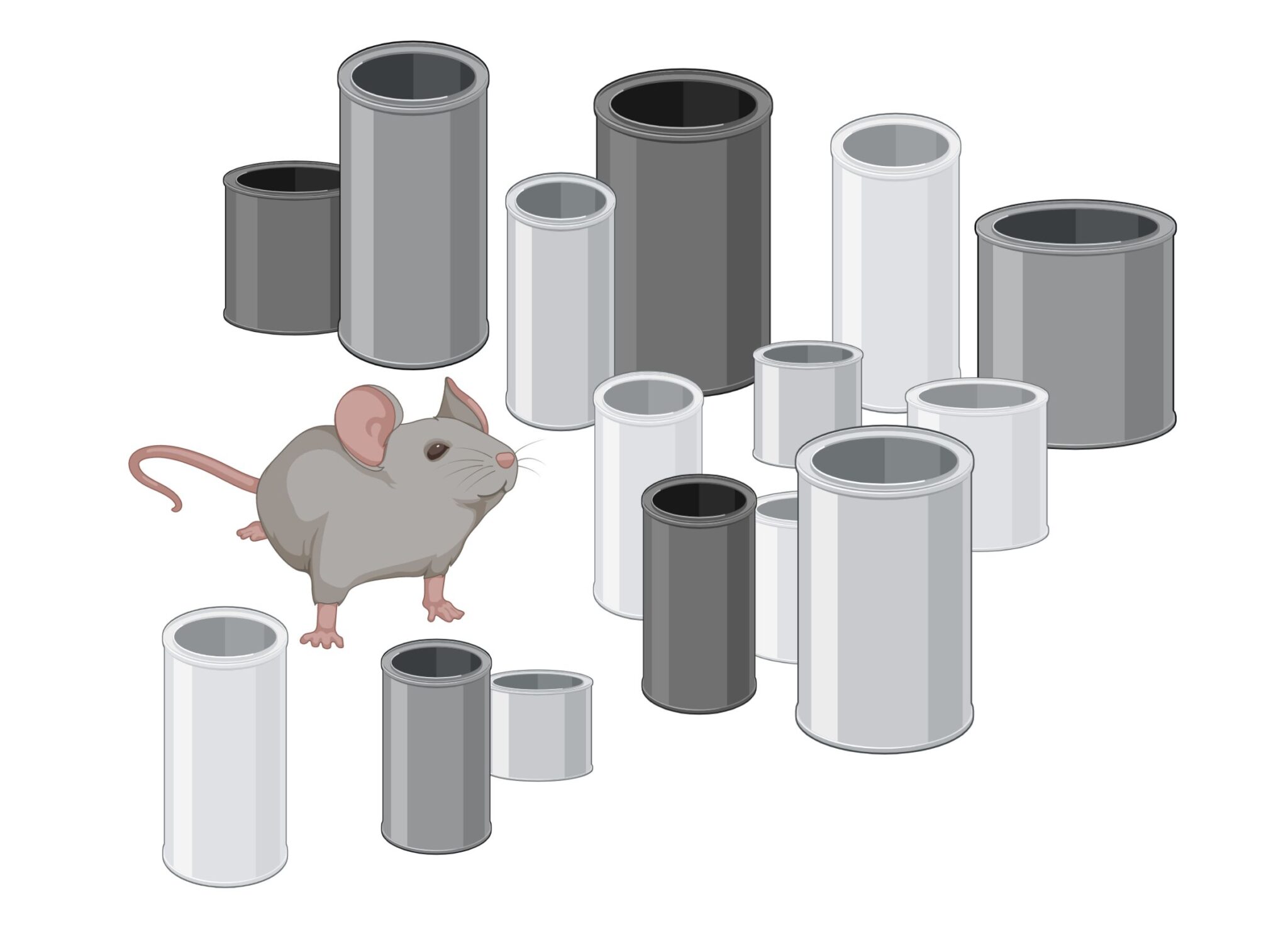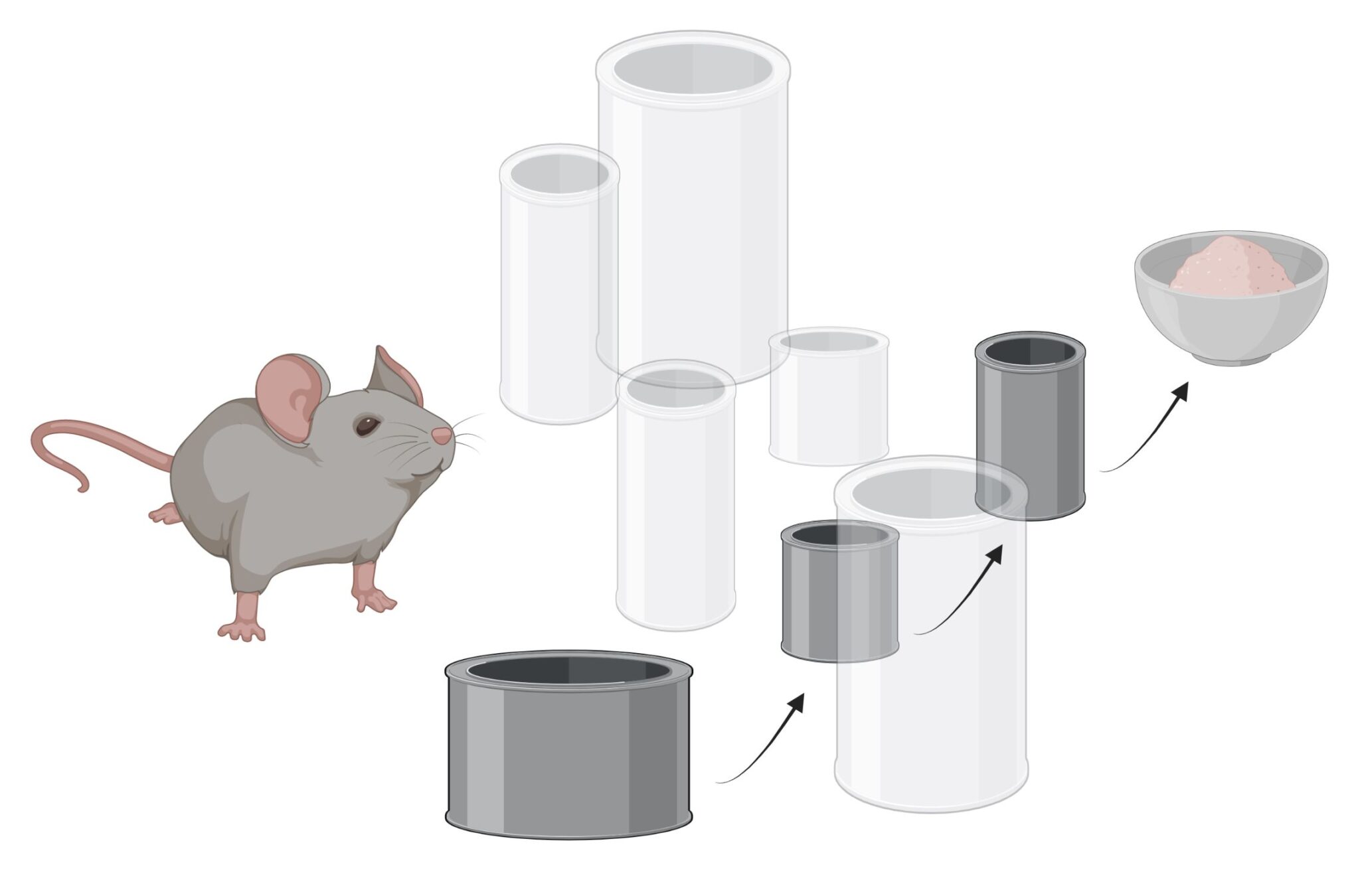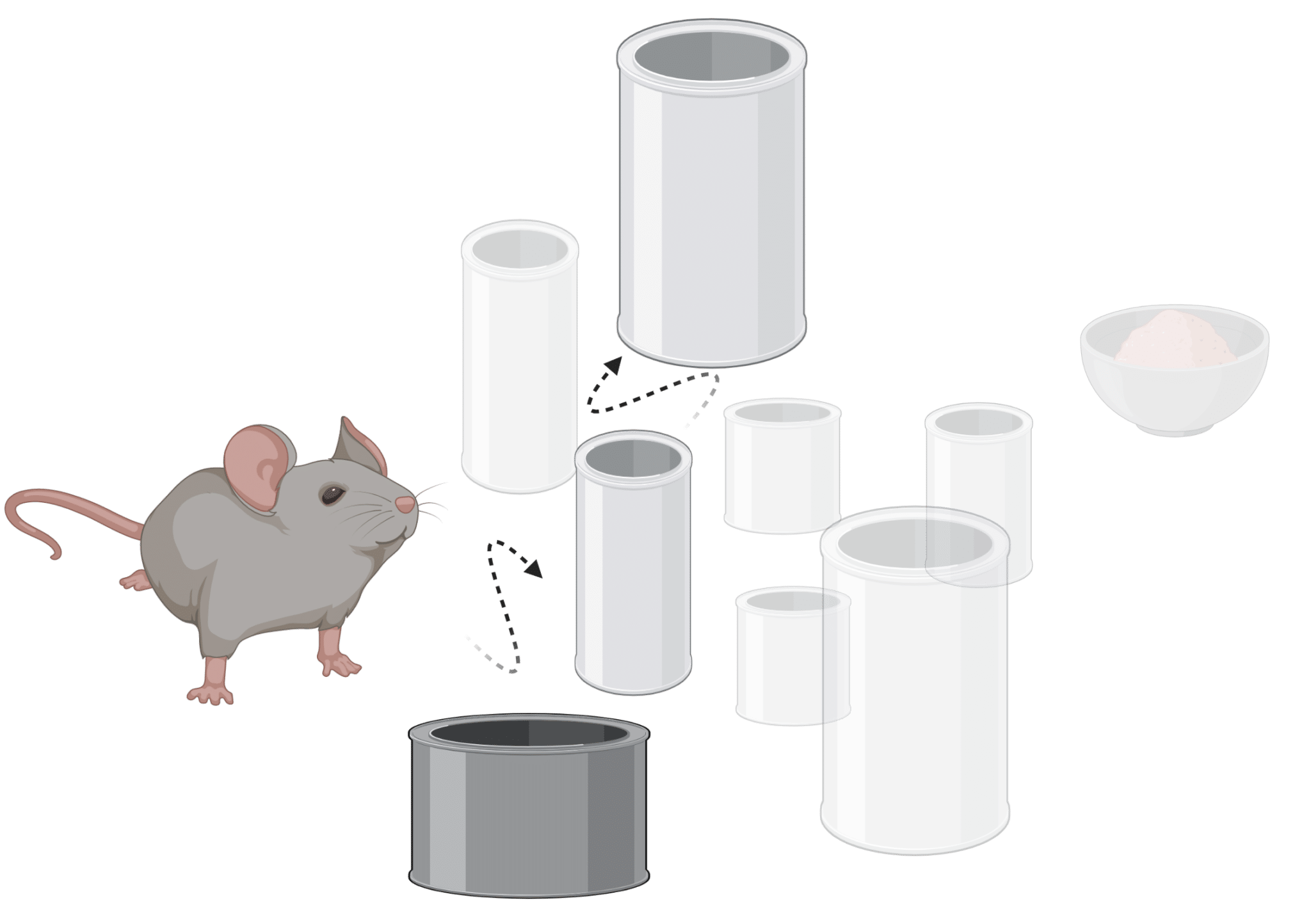
Brain Circuits
for Navigating
Complex Environments
We focus on how the brain enables adaptive responses to sensory-complex environments and how this ability is disrupted in diseased states.
Sensory-complex environments
One of the biggest challenges of navigating through sensory-complex environments, such as New York City, is to limit our attention to important events. Our choices are often driven by salience, meaning the features of an event that stand out in a particular context.


Recognize familiar cues
Through behavioral experiences, organisms learn to recognize safe and familiar contextual cues, while avoiding cues associated with harmful environments and pursuing those that lead to reward.
Adapt to complex environments
The precise recollection of familiar and salient events determines our ability to adapt to complex environments. This essential survival skill is often impaired in a number of psychiatric and neurological disorders, such as schizophrenia and Alzheimer’s disease.

